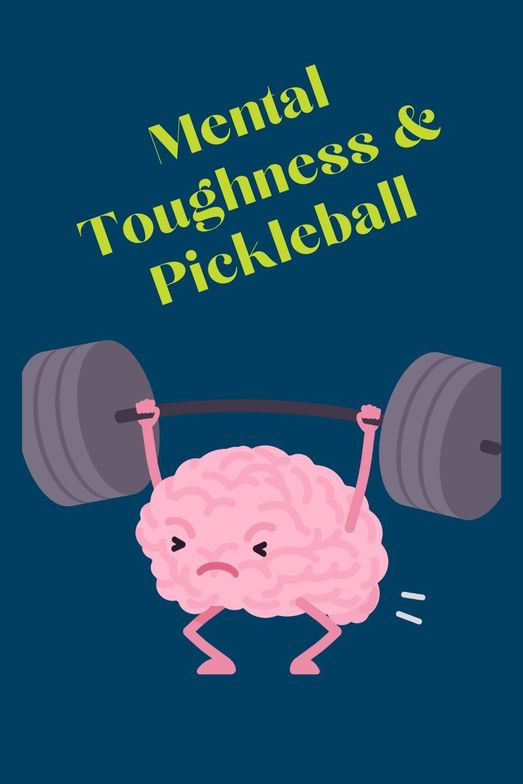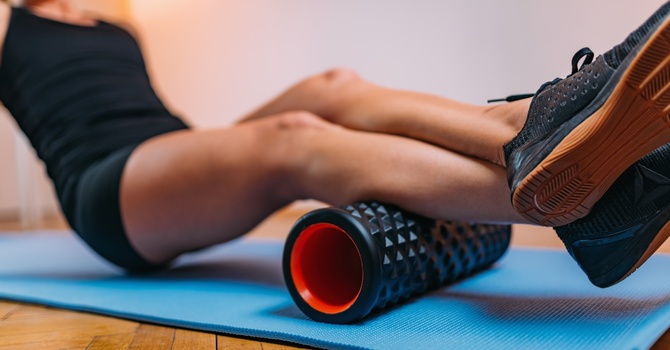
How many of you are guilty of hitting a bad shot and letting it derail the rest of your match? Or having a rough game and carrying that frustration into the next one? We’ve all been there.
Recently, I decided to put my own mental game to the test. I signed up for a singles tournament in Orlando—despite being newer to the sport and having very little singles experience. From the moment I registered, I was excited but filled with doubt about what I’d just signed up for.
You might be wondering, “Why would someone with barely any singles experience sign up for a singles tourney?”
Truth is: Why not? Who here has ever gotten better by staying in their comfort zone? I figured that win or lose, it would force me to grow, adapt, and learn. Not to spoil the story, but oh did I learn.
Reality check: I was way more nervous than I expected for my first match. We were playing rally scoring to 21, win by two, and only winning on your serve. I’d never played rally scoring before, so keeping track of the score was a small but interesting adjustment. I started off with a few bad shots—and for some reason, I just couldn’t let them go. We battled for a while, but I wasn’t just battling my opponent—I was also fighting some negative self-talk and the ghost of past shots. The frustration lingered, and I ended up losing 25-20.
The Shift: As the matches continued, I got better at regulating myself and slowly began to get out of my own way. It wasn’t perfect—I did win some, I also lost some—but I was able to clear my mind, take it one shot at a time, and use every match as a learning opportunity.
With this mindset shift, I noticed a difference in my game. I was able to play better, challenge my opponents tougher, read the game more effectively, strategize smarter, and—most importantly—start having fun again.
Are you doing anything to strengthen your mental game? If not, give these simple strategies a try:
-
Ground Yourself:
After a rough shot, bring your focus back to the present by engaging your senses:
- Feel your feet on the court—notice the pressure and connection with the ground.
- Grip your paddle—pay attention to the texture and weight in your hand.
- Observe your surroundings—focus on small details like the seams of the ball, the lines on the court, or the breeze on your skin.
2. Deep Breathing:
I love doing this right before the serve—it helps me settle and concentrate for the coming battle. A slow, deep breath can calm your nerves and clear your head, keeping you sharp and composed.
3. Next Point Mentality:
Whether you crush a winner or make a mistake, immediately shift focus to the next shot. Let the last one go—it’s already in the past.
4. Off-Court Mindset Work:
Practice meditation and mindfulness outside of the game. Mastering these skills off the court can help you stay calm, focused, and in control when the pressure is on.
5. Rest & Recovery:
Mental fatigue is real. Prioritizing sleep, proper nutrition, and downtime helps keep your mind sharp and your emotions in check.
Pickleball isn’t just about physical skills—it’s a mental battle too. Strengthen your mind, and your game will follow.
As for me, I look forward to the opportunity to try a singles tournament again and not only test my pickleball skills but my mental toughness as well.

Alexandra Piotrowski
Contact Me


